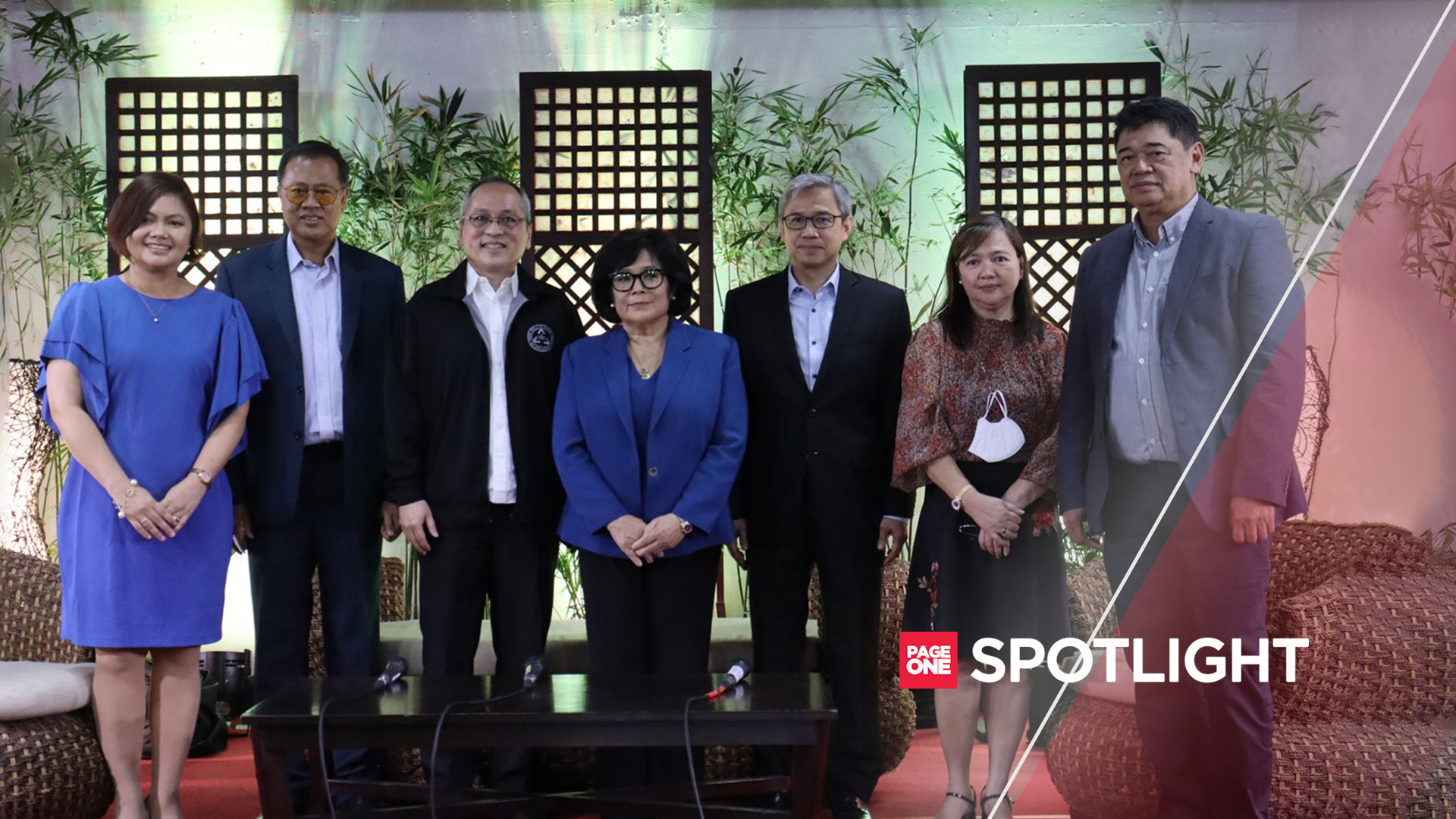With the enactment of RA 11898, also known as the Extended Producer Responsibility (EPR) Act of 2022, the Philippines moves one step closer to advancing a circular economy and addressing the country’s plastic waste problem towards a more sustainable future.
The said law requires large-scale companies and enterprises to be environmentally responsible throughout the life cycle of their products—from manufacturing, usage, and post-consumer stage—by establishing EPR programs and mechanisms that ensure effective reduction, recovery, treatment, and recycling and/or disposal of waste, especially plastic packaging.
Global food and beverage leader Nestlé Philippines is among the early, if not the earliest, advocates and adopters of EPR in the country. It has actively campaigned for the passage of the EPR Act through sustained dialogue with government policymakers, and active participation in the legislative process. Two years before the law was enacted, Nestlé PH had already started voluntarily practicing EPR through its initiatives to attain plastic neutrality.
To increase participation and support the effective implementation of the EPR Act in the early stages of its enactment, the Department of Environment and Natural Resources (DENR) and Nestlé Philippines held a roundtable dialogue last May 10, 2023 that featured industry experts from both the public and private sectors to share their expertise about plastic waste management and discuss EPR integration and compliance, programs, and collaborative opportunities.
“RA 11898 is a good start and a wiser approach to waste reduction that allows environmental responsibility with the producers and improves the equity in the process of waste management all throughout,” said DENR Secretary Ma. Antonia Yulo-Loyzaga. “EPR is proven to address packaging collection through recycling meaningfully and through various EPR schemes that require companies to pay for the collection, sorting and recycling of their plastic packaging.”
The panel discussion was led by DENR Undersecretary Annaliza Rebuelta-Teh; Mr. Jose Uy III, SVP and Head of Corporate Affairs; Mr. Michikazu Kojima, Senior Adviser to the President on Environmental Issues, Economic Research Institute for ASEAN and East Asia (ERIA); and Mr. Crispian Lao, Vice Chairman, National Solid Waste Management Commission (NSWMC).
Uy stressed the importance of collaboration for the effective implementation of the EPR Act.
“Plastic waste is a global problem in which everybody has a stake. Through collaboration, we will find workable solutions. This roundtable is a collaborative effort among policymakers, business leaders, government agencies, and changemakers. We have come together to discuss how we can accelerate the transition to a waste-free, circular economy. In particular, a major challenge is the lack of waste management infrastructure in the country,” he said.
“Based on the data of the Environmental Management Bureau, only about 13% of the obliged enterprises are currently registered. We really need the support of the private sector to make sure that this law would be successfully implemented. Nestlé Philippines and other companies have started their own initiatives even prior to the EPR Act. The challenge is how we can sustain such initiatives that strengthen our collaboration so that we can address the different aspects of this problem,” said DENR Undersecretary Annaliza Rebuelta-Teh.
Three roundtable discussions (RTDs) were also dedicated for participants to dive deeper into the implementation of the EPR Act specifically in terms of (1) compliance and integration among stakeholders, (2) innovation of EPR programs, and (3) collaboration between the private sector, civil society, and the government to support EPR—all in an effort to build the foundation for a circular economy approach to waste management in the country.
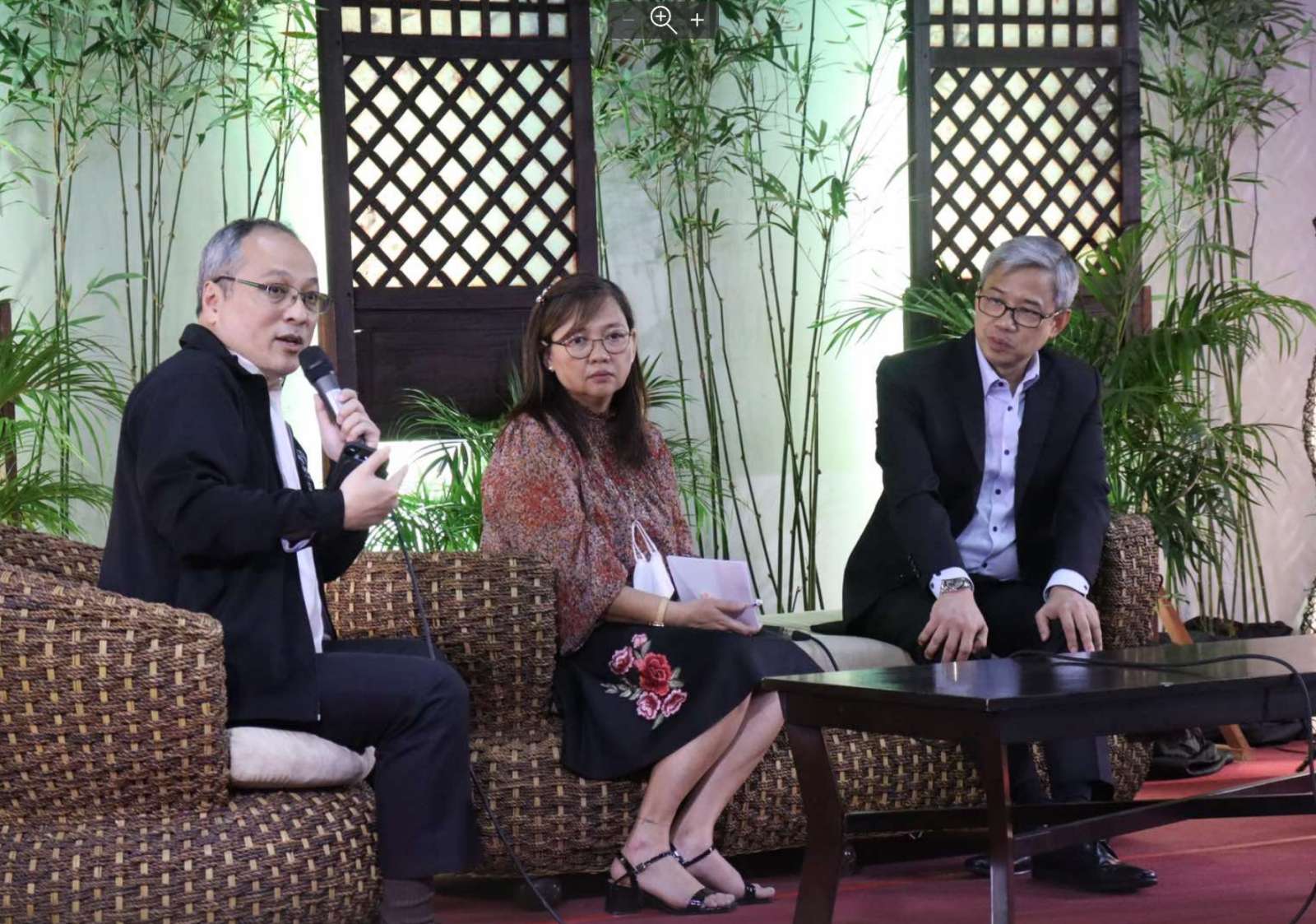
In RTD 1, participants were able to discuss emerging questions and concerns regarding the EPR Act implementation at its early stages, and provide clarifications and concrete guidelines to address these. One of which is how large enterprises with a B2B business model should comply with the law specifically whether the obligation rests upon the businesses that they serve or supply their products to, as they are the ones directly selling to the end consumers.
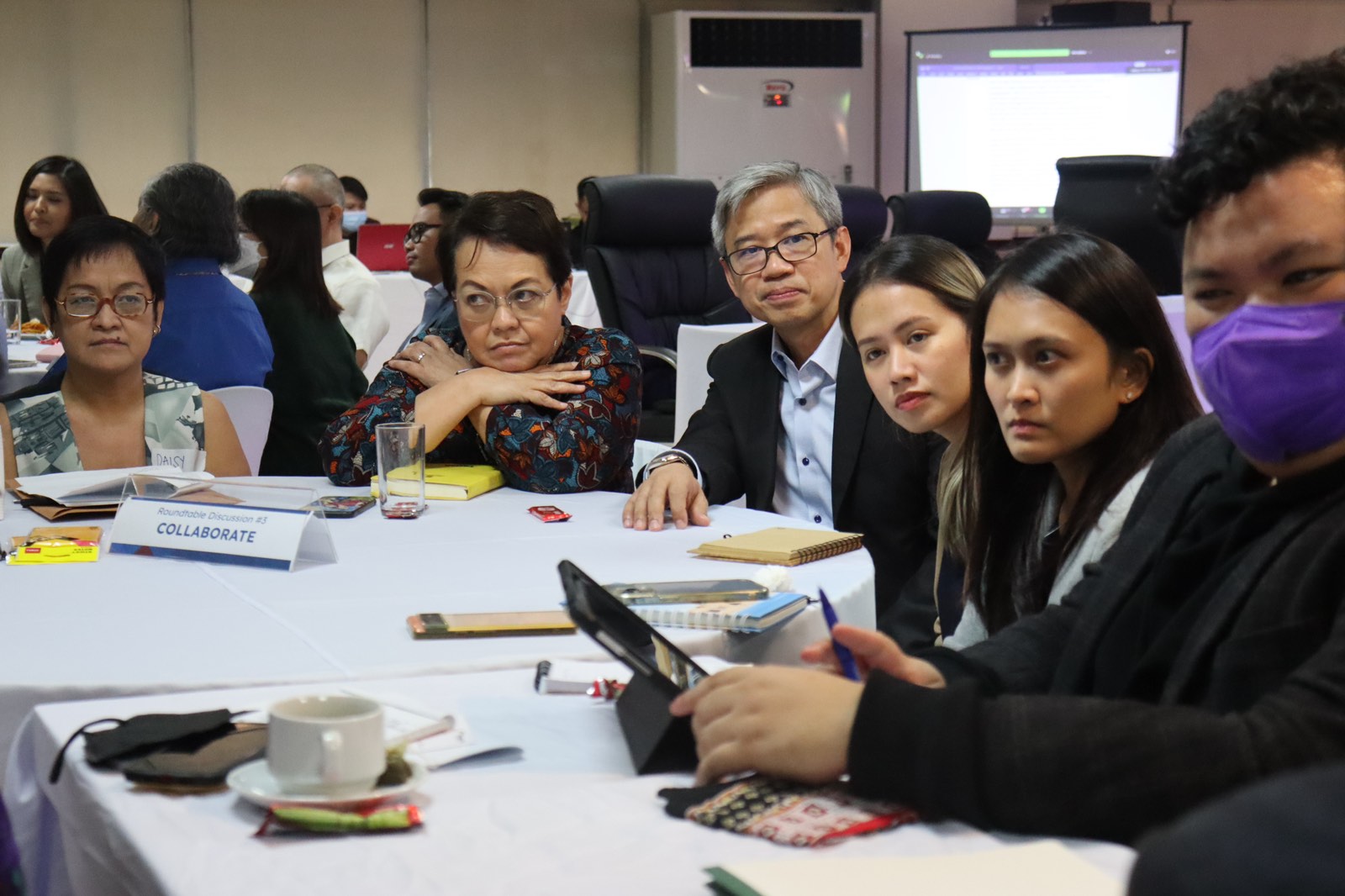
RTD 2, on the other hand, focused on exploring recovery and reduction programs that obliged enterprises across various industries in the country are already doing and potential EPR programs that could be beneficial to all and the environment.
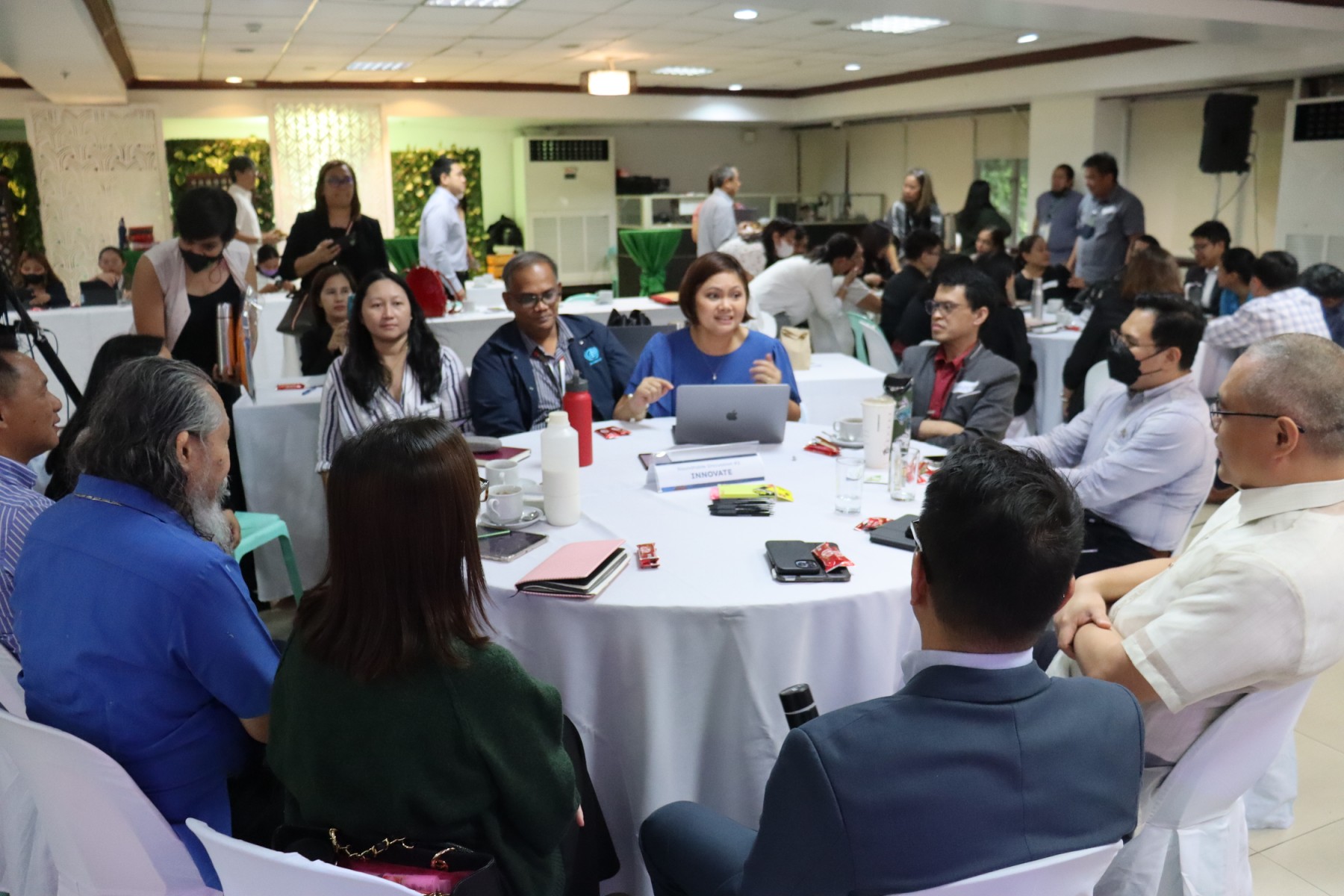
Lastly, RTD 3 further looked into the importance of joint industry-government collaborations in making the plastic ecosystem more attractive to circularity, developing the right systems for EPR, and building recycling infrastructure. They also presented recommendations on how the private sector could effectively collaborate with the government towards implementing and measuring the impact of the EPR.
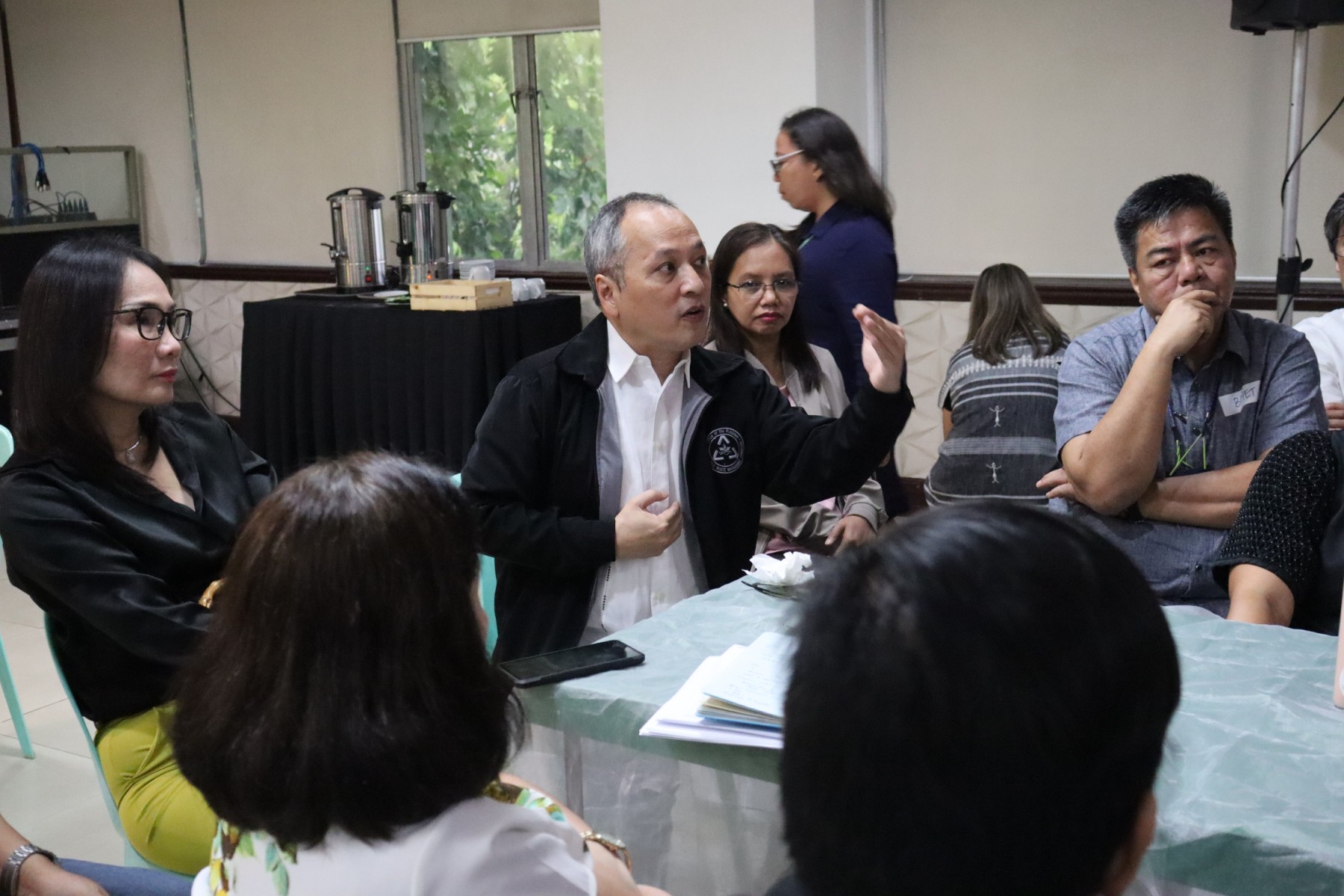
“It’s important to have the voices of all sectors be well-represented because the sustained collaboration among stakeholders and those impacted by these activities, and the cooperation and compliance of companies in the private sector are key to the successful implementation of the EPR Act,” said Sec. Yulo-Loyzaga.

